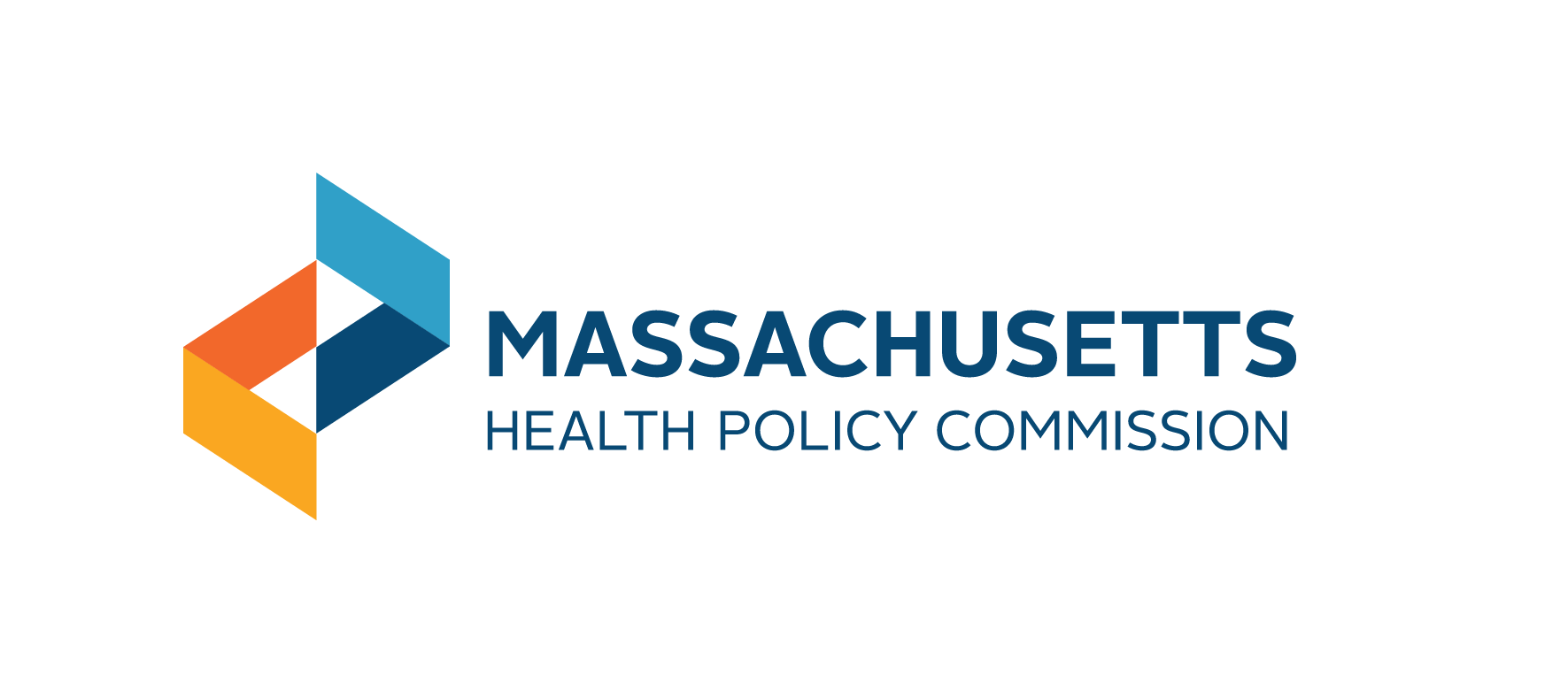- Massachusetts Health Policy Commission
Media Contact for HPC Finds Drastic Increase in Opioid-Related Hospital Discharges
Matthew Kitsos, Press Secretary

Boston — Wednesday, July 26, 2017
Today, the Massachusetts Health Policy Commission (HPC) released new interactive findings with updated data and analysis on the growing opioid epidemic facing Massachusetts. A printable version of the HPC DataPoints brief is attached.
Visit the HPC’s website to engage with a new interactive map of Massachusetts that displays the rate of opioid-related hospital discharges by zip code and the hospital with the highest number of opioid-related discharges for residents in each zip code.
The research released today builds off the HPC’s Opioid Use Disorder Report, released in September 2016. The analysis is part of a larger chartpack that will be released in late summer.
In this mini-brief, the HPC focuses on the rate of change in opioid-related discharges including by age and location. Importantly the HPC found, between 2011 and 2015:
- Some age groups, especially young adults, experienced sharp increases in their rate of opioid-related hospital discharges between 2011 and 2015:
- Patients ages 20 to 24 had a 12% increase in opioid-related discharges;
- Patients ages 25 to 34 had a 192% increase; and
- Patients ages 35 to 44 had a 78% increase.
- Despite accounting for only 34% of the Commonwealth’s population in 2015, patients between the ages of 20 to 44 comprised a disproportionate share (70%) of opioid-related hospital discharges.
- Overall, heroin-related discharges grew 256%, while all other opioid-related discharges grew 50%. The largest annual growth rate during this time period occurred between 2014 and 2015 when the rate of opioid-related hospital discharges grew 18%.
- The rate of opioid-related hospital discharges grew in almost every zip code. By 2015, a much higher proportion of communities were in excess of 1,000 opioid-related discharges per 100,000 residents (1 per 100) – 28% in 2015 compared to 11% in 2011.
- With many opioid-related overdose deaths occurring at younger ages, the impact on life expectancy is pronounced. In Massachusetts, residents collectively lost 60,000 years of life due to poisonings (most of which were opioid-related) in 2015, when measured by years of potential life lost before age 75.
“The data released today are startling – especially the increase in opioid-related visits among young adults. The new, interactive map displays the rate of opioid-related hospital discharges by zip code and provides new insights into the disproportionate impact of the opioid epidemic on certain residents, communities, and hospitals. This data will inform the continued efforts to make improvements to the health care system to address this epidemic, including improved access to coordinated care and investing in innovations to reform how care is delivered.”
-- David Seltz, Executive Director of the Massachusetts Health Policy Commission
###
